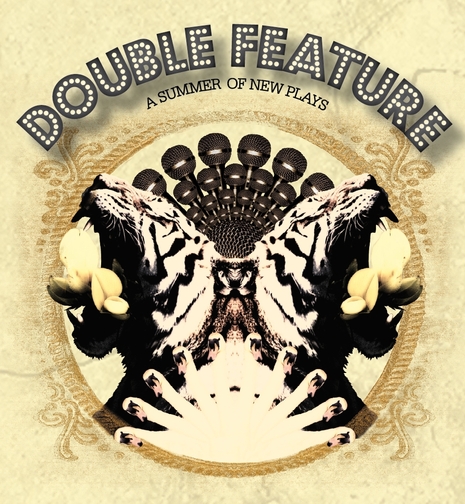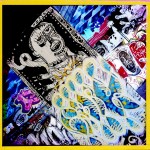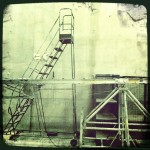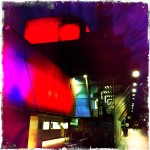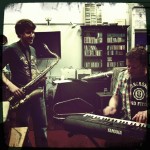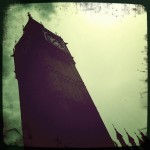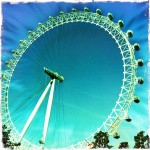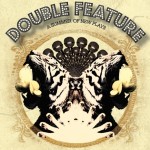Westminster To Introduce Evening & Weekend Parking Charges: A Rant
Many of you, especially musicians, will already be aware of Westminster Council’s plans to introduce evening and Sunday parking charges in London’s West End later this year. This simply cannot be allowed to happen.
Until now there has always been free meter and single yellow spaces after 6.30pm and on Sundays. Like there are all around the country. Westminster Council proposes to scrap the free parking period until midnight during the week and up to 6.30pm on Sundays. They also plan to put the hourly parking rate up to a preposterous £5.00 an hour.
There has already been strong protest from local businesses, musicians and Westminster churchgoers, many of whom travel from outside the parish to attend services on a Sunday morning. I first heard talk of these proposals at the beginning of the year and assumed the plans had since been quashed but yesterday I learnt the plans were still being pushed through to be implemented towards the end of the year.
In these times of cutbacks in arts funding these measures will have serious impact on the currently thriving music and theatre scene in London’s West End. Many Londoners (especially the elderly) visiting the West End of an evening need to travel by car in order to get home at the end of the night as public transport link shut down and a taxi proves prohibitively expensive, not to mention those who live out of town.
Musicians like myself will find gigs in town (and we’re talking specifically about Soho, Covent Garden and Marylebone here) are no longer financially viable. The average common-or-garden jazz gig in town will pay between £40 and £80 per night. The extended parking charges would cost me an extra £20-£25 per night, not to mention the dreaded Congestion Charge if the soundcheck was before 6pm. Many London gigs would simply be wiped out as musicians and patrons are priced out of the West End by the sheer expense of the visit. I have no choice but to drive to gigs with all the large and heavy equipment I need to carry, plus the fact that I live out of town and have no easy access to public transport. I’m sure the last thing Westminster Council wants is for me to rock up at tube stations with a double bass and an amp. Not to mention the drummers… And at the end of the night when the tube and train services have stopped running, how are we meant to get home safely?
Dave Webster, of the Musicians’ Union, says
Musicians are often required to work unsociable hours and carry heavy and valuable instruments and equipment that makes it difficult and risky to use public transport.
Many of our members are self-employed and are not sufficiently well-paid to be able to afford the proposed extended parking charges.
Westminster Council have justified these planned measures by stating that it will keep traffic flowing through the capitol and raise up to 7 million pounds in additional revenue. They also state that many of the West End’s NCP carparks are empty of an evening. They obviously don’t know how much it costs to park there for a few hours. The amount of available spaces of an evening when you remove the single yellow spots from the equation simply do not add up. The whole plan smacks of money-grabbing with little or no regard for the visitors and workers that make that part of our city thrive of an evening.
This simply cannot be allowed to go through. I trust the Musicians Union and local businesses are doing all they can to prevent the charges coming into force before it’s too late.
The plans are currently set to go into place in December for an 18 month trial period. Just long enough to kill the West End…


